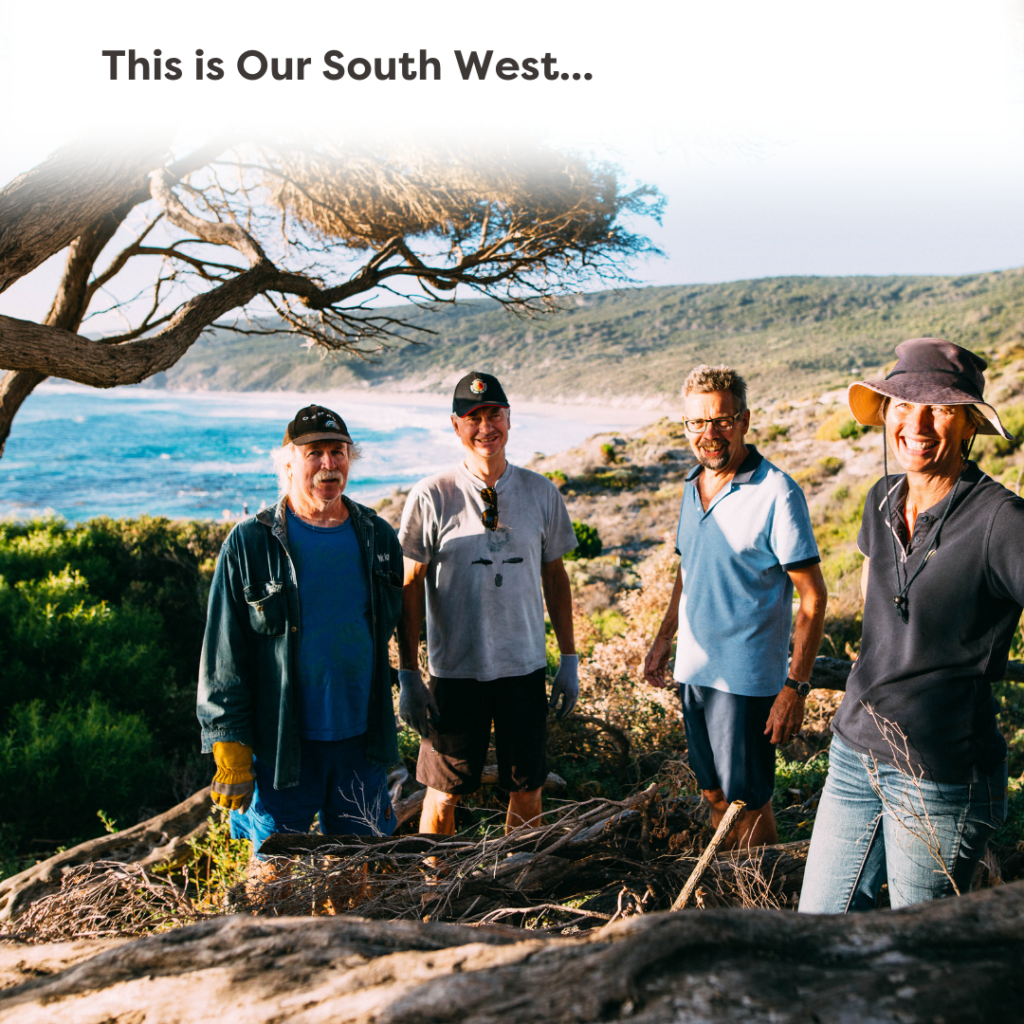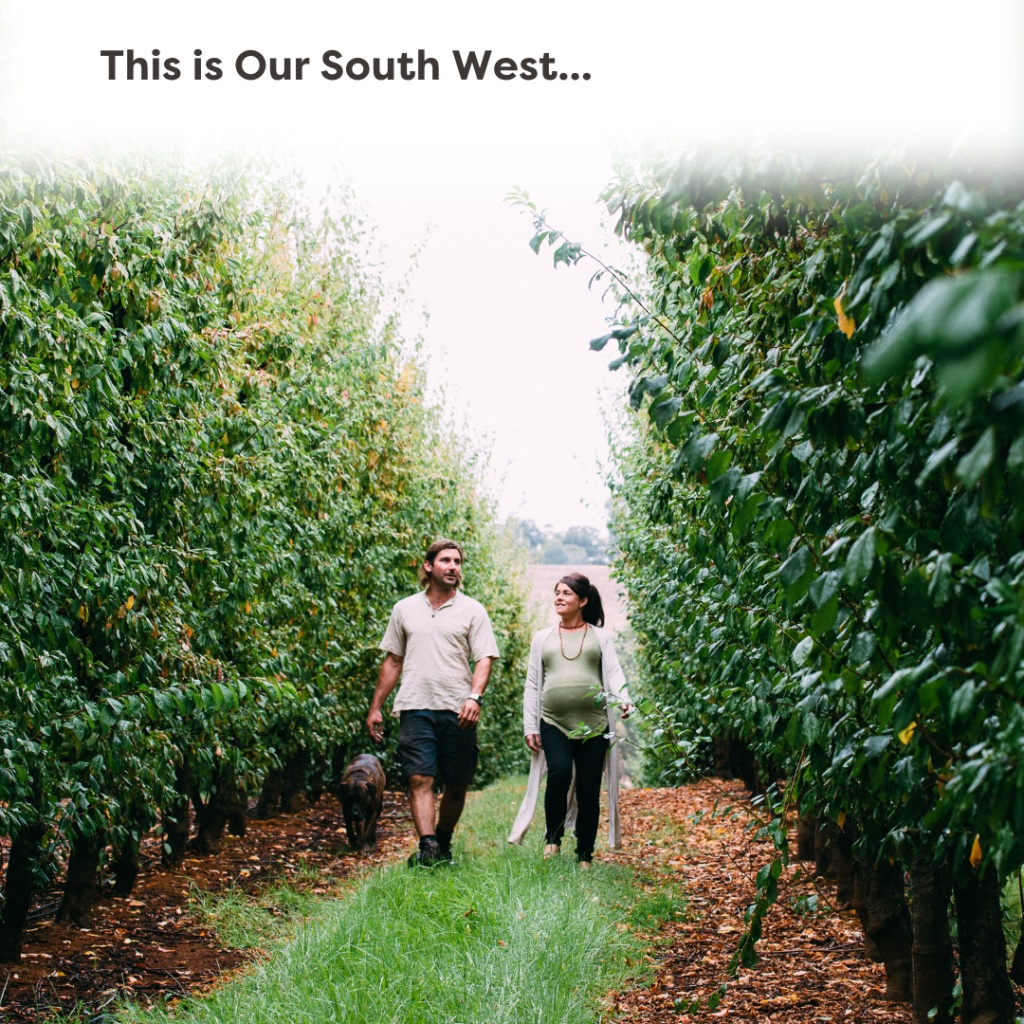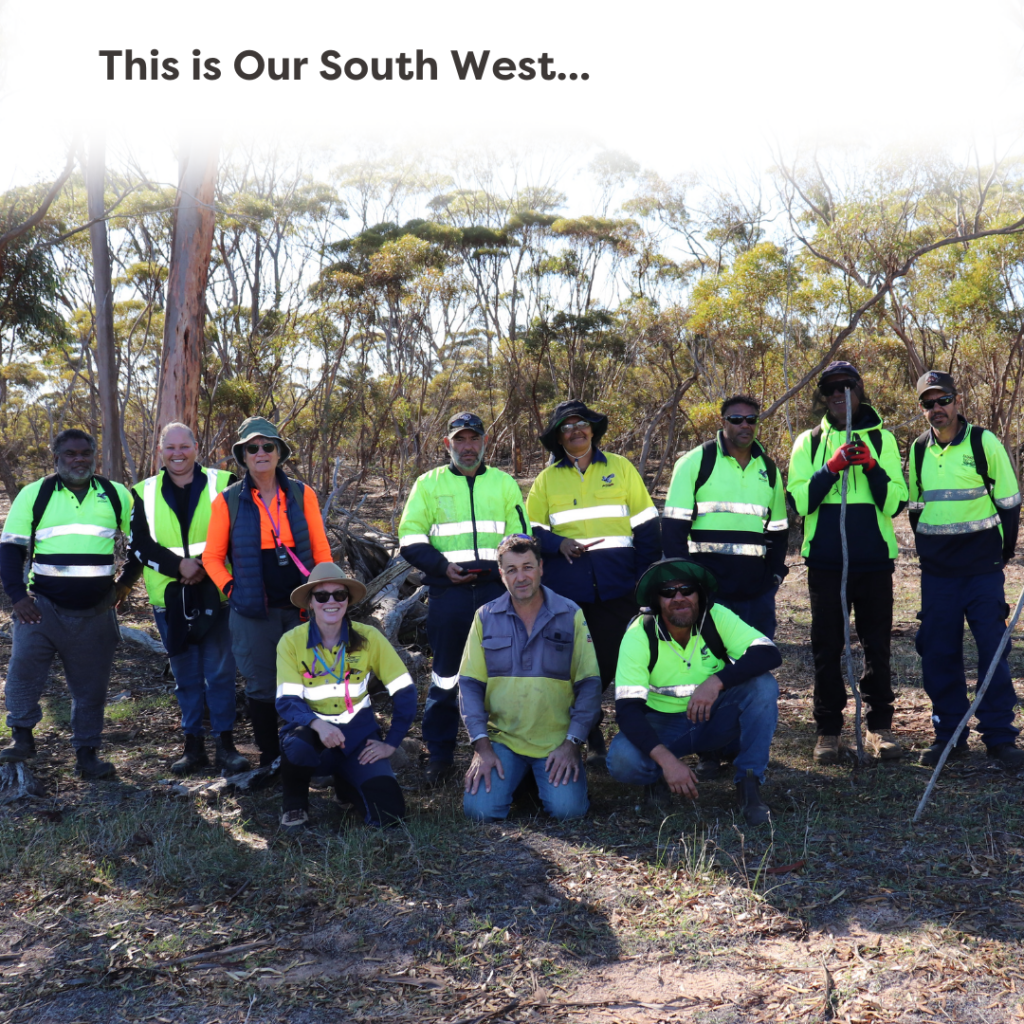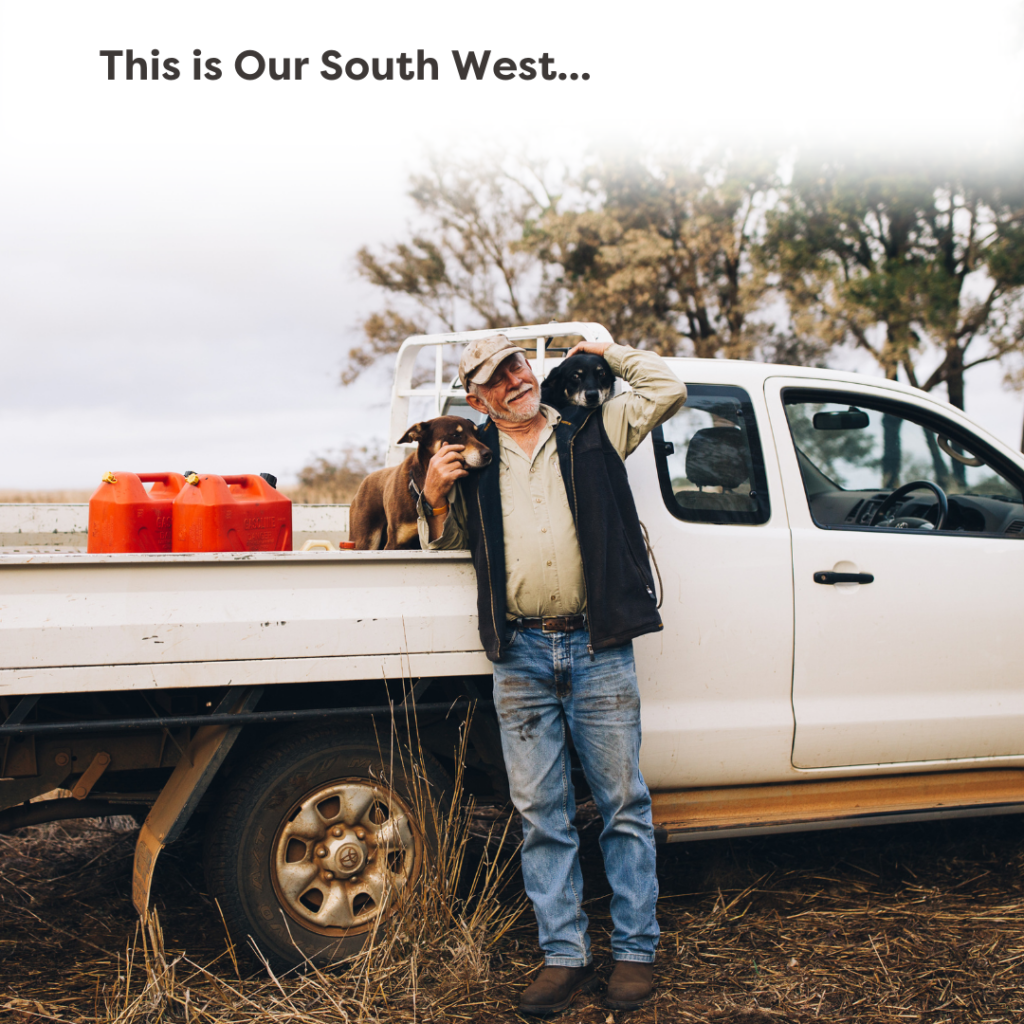



As the impacts of our changing climate suddenly became far more evident to the general community through trees dying en masse, wildlife carers being inundated with native animals suffering burns and dehydration and farmers battling severe shortages of water and feed for livestock, the South West region’s peak environment organisation and charity says it is well positioned to meet the challenges of our lifetime.
On World Environment Day (Wednesday, June 5) South West Natural Resource Management is inviting businesses and community members to be part of the solution by supporting its work through a tax-deductible contribution to the South West Environment Fund before June 30.
In December, South West NRM wrapped up a five-year, $13.5 million portfolio of work delivered on behalf of the Australian Government’s National Landare Program and spanning the organisation’s two focus areas of environmental conservation and sustainable agriculture.
Projects rolled out evidence-based strategies for:
· Improving the future of species threatened with extinction such as the western ringtail possum, numbat, chuditch, woylie, Carnaby’s black cockatoo and malleefowl;
· Managing priority ecosystems like internationally-significant wetlands;
· Future-proofing farms for productivity and sustainability.
Among achievements for the South West under the 2018-2023 landcare program, delivered in partnership with local landcare and wildlife rehabilitation partners, were:
· Survival rates of critically endangered western ringtail possums released following rehabilitation increased from 5% to 67% through targeted feral animal control and other interventions (More information);
· Discovery of near extinct and culturally significant malleefowl in an area of the eastern wheatbelt where it was previously thought the ground-dwelling bird had all but disappeared, following 5,303ha of surveys conducted in partnership with Badgebup Aboriginal Corporation (More information);
· Reduction of feral cat activity in targeted areas by up to 49% following deployment of an Aussie invention called the Felixer cat grooming trap (More information);
· Development of cutting edge e-DNA technology then used to detect the presence of critically-endangered Margaret River burrowing crayfish and boost pollination rates at Canola and Avocado farms (More information).
Now South West NRM is looking to the next five years having been appointed by the Federal Government as a preferred supplier for completion of further projects.
Board Chair Karen Boyce said the organisation couldn’t rely on Federal Government funding alone to meet the scale of environmental challenges it is working to address.
“As a registered Australian charity, we are inviting business and community members to be part of the solution by making tax-deductible contributions to the South West Environment Fund before the end of the financial year,” Ms Boyce said.
Donations to the South West Environment Fund can be made via this page of our website.
